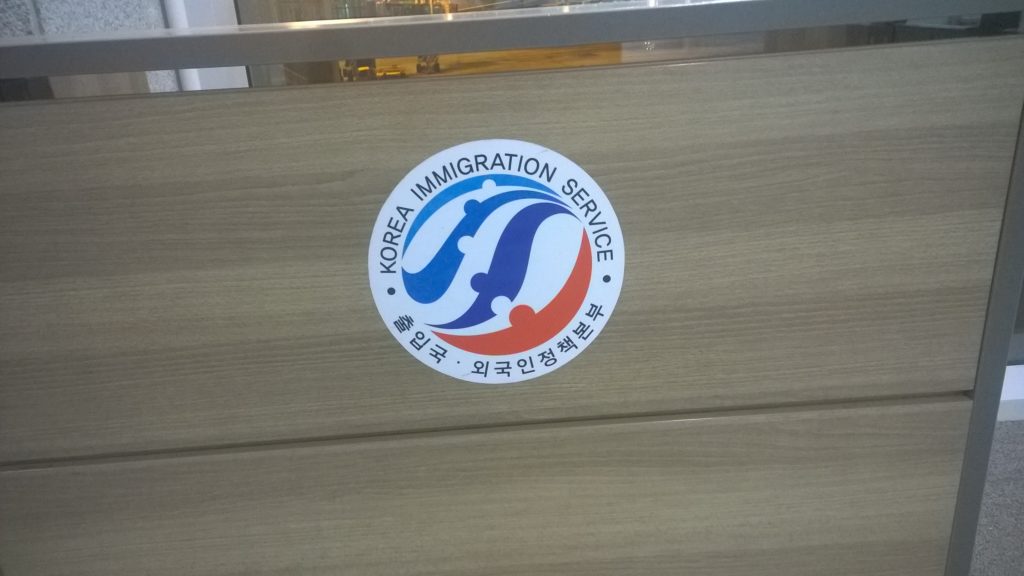The Peninsula
Mental Health Access for Vulnerable Populations

What Happened
- On February 12, a member of the National Assembly noted that 23.5 percent of all North Korean defectors who received medical attention were treated for mental health issues in 2019.
- Although the South Korean public-at-large is likely underreporting their mental health needs, the defector community showed significantly higher rates than the societal average (4.6 percent) in 2019.
- A 2019 survey of refugees residing in South Korea found that 42.9 percent showed depressive symptoms, and 38.9 percent showed PTSD symptoms.
Implications: With South Koreans only slowly becoming more aware of their own mental health needs, vulnerable communities within the country may not have access to sufficient professional health treatment. Although many North Korean defectors have had access to publicly funded professional counselors since 2010, only a minority of these counselors are trained mental health providers. In addition to the extensive mental health needs of North Korea defectors, 33.3 percent of migrant workers who were surveyed by the Journal of Korean Medical Sciences exhibited depressive symptoms. For migrant workers and refugees who have access to healthcare, issues such as the language barrier can also complicate access to adequate treatment.
Context: Although South Korea’s life expectancy rate (82.7) was above the OECD average (80.7), fewer Koreans felt healthy (32%) compared to the OECD average (67.9%). This combined with a suicide rate that is among the highest in the OECD (23 per 100,000) may point to South Korea’s overall underinvestment in mental health. South Korean government statistics released in 2017 found that at least 1 in 4 Koreans experience a mental disorder at least once in their life, but only 1 in 10 of affected people pursue professional help. With society-at-large not attune to this public health crisis, public institutions may not be extending needed help to communities that are particularly prone to trauma and high levels of stress.
This briefing comes from Korea View, a weekly newsletter published by the Korea Economic Institute. Korea View aims to cover developments that reveal trends on the Korean Peninsula but receive little attention in the United States. If you would like to sign up, please find the online form here.
Korea View was edited by Yong Kwon with the help of Melissa Cho and Alexandra Langford. Photo from user Vuong Tri Binh on Wikimedia Commons
